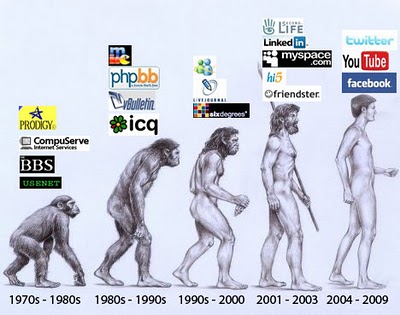 Businesses are always
in constant search for new ideas that will sustain them in the market, and
deciding on a particular idea is usually very challenging for entrepreneurs. As
an entrepreneur, various things can slow down the rate at which you convert
your ideas to eventual new product.
Businesses are always
in constant search for new ideas that will sustain them in the market, and
deciding on a particular idea is usually very challenging for entrepreneurs. As
an entrepreneur, various things can slow down the rate at which you convert
your ideas to eventual new product.
For every successful new
product development, dozens of promising ideas have been considered by an
organisation. The essence of the consideration is to determine which of the
ideas is good enough to be introduced into the market at the right time. Timing
is key in business decisions, and every idea must be considered along this
line. Businesses prefer a business idea that can move into the market faster
before that of the competitors.
However, there are
delays entrepreneurs will likely encounter before they make that decision to
create a new product.
Too
many disjointed ideas:
It
is good to have a pool of ideas on the table before making a decision, but the
more ideas you have for consideration, the slower you will be at picking one.
When you have a large number of promising ideas that you are considering at a
time, it becomes more difficult to pay attention to any particular one. Each
business idea is a process with its own chain of activities, so it is important
to consider early which of the ideas is more promising/important, at what cost,
and what experience do I have to execute it? The fewer the promising ideas you
have, the better your chances of converting one into a finished product.
Capacity
of resources:
Every
business idea requires resources to make it achievable. Resources help bring
ideas to fruition however; when these resources are shared among various
promising ideas, it weakens the speed at which you come up with new products.
You must understand the capacity of your resources to sustain an idea or group
of ideas per time. Taking all ideas with your limited resources will only lead
to a crash even before you develop any product
Lack
of Experience:
When
exploring ideas, it’s important we focus on ideas around our areas of
competence. It’s easier to develop ideas around website/App design if you have
knowledge in programming than if you don’t have at all. We have alot of
aspiring entrepreneurs who go into an industry where they don’t have the needed
experience and capacity to breed ideas that can lead to new products hence;
they remain stuck in existing products. If you want to convert ideas into new
products, begin by considering ideas in your field of experience.
When selecting business
ideas, focus on the ones with technical and commercial values, and that has the
capacity to keep you motivated into a new product development. New product
development is all about speed – getting into the market faster. No business wants
to introduce an obsolete product into the market; they make effort on
minimizing delays from ideas to new products.

